Newsletter
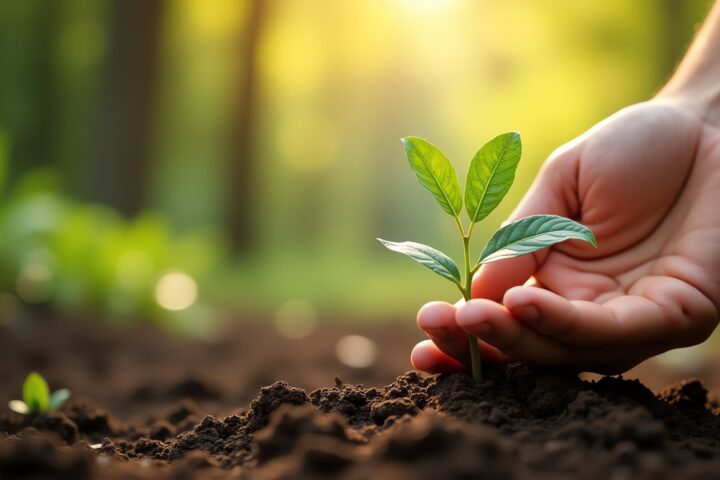
13.12.2025
Pesticides are always good
Pesticides are always good. Good for any scandal. With the word component “pest,” the Grim Reaper literally strides through the mind's eye, reaping people in vast num-bers. Today's scythe is the spray boom. Television and newspapers prefer to show tractors spraying pesticides indiscriminately, with as much drift as possible, so that the deadly cloud is visible. This also identifies the modern Grim Reaper: farmers who apply pesticides and the industry that manufactures them.
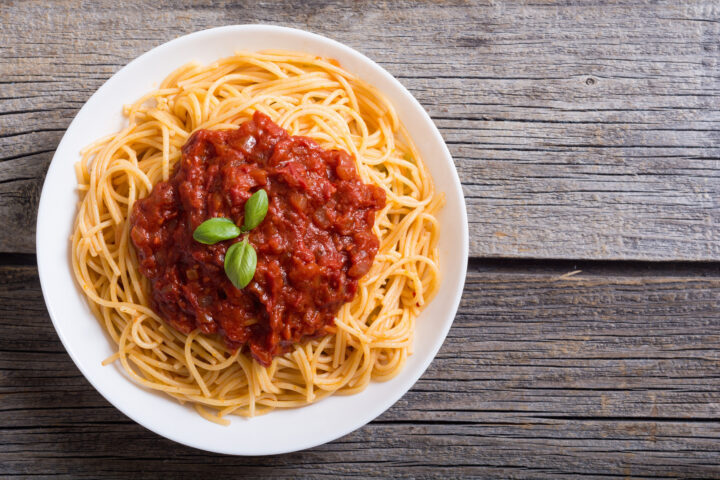
06.12.2025
Mutations on the Lunch Table
Imagine we are in the office of the organisers of the so-called «Food Protection Initiative», who say they want to protect Switzerland «from the risks of genetic engineering». Piles of signature sheets lie on the table, and the anti-GMO team is carefully counting – thousands of people have already signed. A sense of satisfaction spreads through the room – and so does hunger.
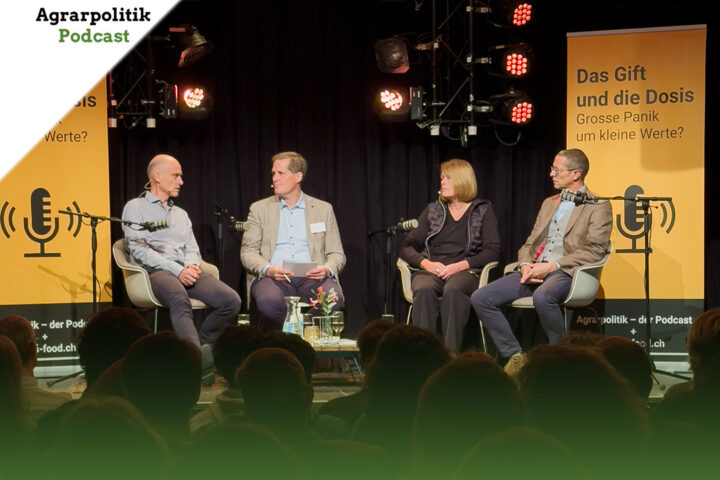
19.11.2025
The Poison and the Dose – A Closer Look at residue levels
On 5 November, the live podcast 'The Poison and the Dose – Big panic over small values?' took place at Bogen F in Zurich. The event marked the conclusion of the joint podcast series by Agrarpolitik – der Podcast and swiss-food.ch.

04.07.2025
Swiss-Food Talk: «The protection of cultures is no longer guaranteed»
Swiss agriculture is in a tight spot when it comes to plant protection. At the Swiss Food Talk on July 1, 2025, three producer representatives describe how bans, the lack of alternatives, and lengthy approval procedures are putting their crops under pressure. These developments have noticeable consequences for yields, jeopardize supply security, and raise fundamental questions about the future of Swiss production.

10.04.2025
Snow White and the Seven Fairy Tales
Everyone knows the story of Snow White. In the Brothers Grimm fairy tale, the poor princess falls into a deep sleep after eating a poison apple given to her by her jealous step-mother, who wanted to be «the fairest in the land,» as foretold by her mirror. The Swiss Snow White is in a deep sleep too.

25.01.2025
«I make the world as I like»
It was Astrid Lindgren who wrote the famous line sung by Pippi Longstocking, “I make the world as I like.” This statement in the children’s book stands for childlike freedom and the drive for independence. Pippi doesn't want to submit to adult expectations and rules, preferring to create her own imaginary world. She gives her imagination free reign, and the result is her exuberant independence.

27.12.2024
The study makes the poison
Humans have feared being poisoned since time immemorial. That is why many royal courts had food tasters. With power come enemies. Food tasters had to sample meals intended for dignitaries, and sometimes they paid with their lives. Poisoning is also a common motif in fairy tales. In the Brothers Grimm “Snow White” was supposed to be put out of action by a poisoned apple. Death by poisoning has also been used as a form of execution. Socrates was sentenced to drink the notorious hemlock cup made from the highly poisonous flowering plant.

11.12.2024
Green-colored declaration of surrender
The annual «Agricultural Report» published by the Federal Office for Agriculture (FOAG) presents itself in an optimistic light this year. The reduction of crop protection products is praised and the greening of agriculture is celebrated. But behind the green headlines lies an alarming reality. The politics seems disoriented. It is demanding that farmers produce less meat and dairy products and instead focus on plant cultivation. At the same time, the authorities are depriving farmers of the means to protect their crops. As a result, regional production is suffering, security of supply is dwindling and more food has to be imported.

05.11.2024
Productivity protects biodiversity
The world gathered in Colombia over the past two weeks. The sixteenth meeting of the UN Biodiversity Conference took place in Cali. Among the topics being discussed are the mobilization of money for protecting biodiversity, and a monitoring framework for assessing the extent to which the world’s countries have implemented the measures that were decided upon two years ago.
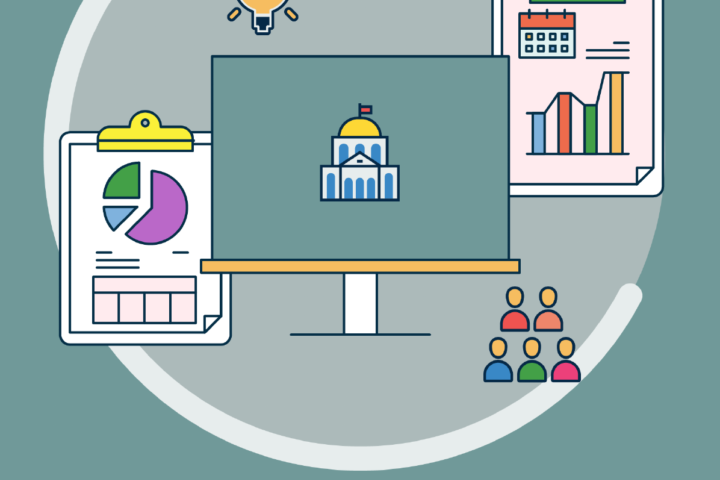
04.10.2024
gfs survey confirms high acceptance of genome editing
On behalf of the swiss-food knowledge platform, gfs.bern has conducted a survey on the use of innovative technologies in agriculture. As with the first survey in 2021, the focus of this current survey was on targeted plant breeding using genome editing, also known as gene scissors. The survey is representative with 1060 eligible voters interviewed by the online panel «Polittrends» of gfs.bern. The survey took place from August 26 to September 6, 2024, with a sampling error of +/- 3 percentage points.

20.09.2024
Twilight of the gods
The surge in inflation following the coronavirus pandemic is an important topic in the US election campaign. Since every vote counts, the loss of purchasing power has the potential to influence the outcome or, as the Americans say, to «move the needle».

30.08.2024
(Bio-)Diverse towards the objectives
«Biodiversity encompasses the variety of all living things, including genes, plant varieties, animal species and breeds, ultimately the entire range of all ecosystems», said Felix Herzog, head of the Agricultural Landscape and Biodiversity Research Group of Agroscope, at a talk held recently by swiss-food.

19.07.2024
Left out in the rain
For Swiss consumers, quality and seasonality is a high priority. This was the result of a survey by Bring! Labs that appeared in the June issue of Persönlich magazine.

03.07.2024
How can biodiversity be protected effectively?
Biodiversity is essential to life. And it is currently a very topical issue. The obligation to set aside areas of Swiss farmland for biodiversity promotion has clearly not achieved the desired objectives. Recently published studies indicate that species diversity remains under pressure. This is what prompted swiss-food, in the latest of its series of talks with three established experts, to focus on the tensions between biodiversity and agriculture and to shed some light on the reasons for these.

12.06.2024
A full belly doesn't like to study
Even the ancient Romans knew that digestion is hard work. They rhymed: «Plenus venter not studet libenter».

29.05.2024
Operation successful, patient dying
Good communication is a matter of luck. This statement is attributed to the communication scientist Paul Watzlawick.

17.05.2024
Travel warning!
If safety cannot be guaranteed in a particular country, the Federal Department of Foreign Affairs (FDFA) advises against travel and stays of any kind.
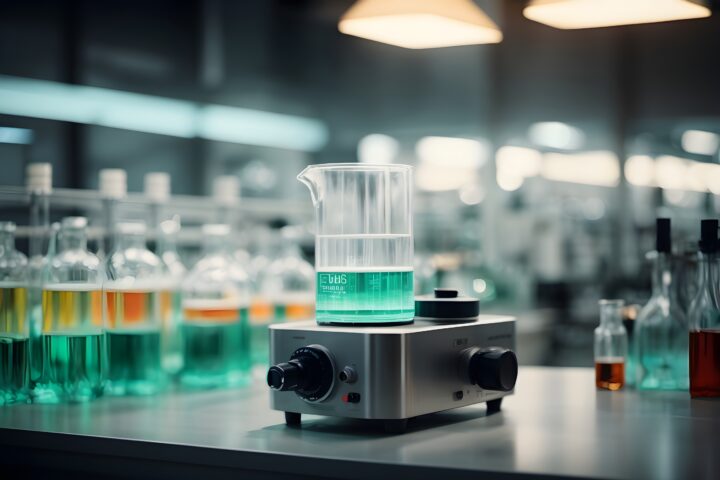
15.03.2024
«If two people do the same thing...»
The world has a problem. CO2 emissions are too high. Climate change is altering not only living conditions on the planet, but also the conditions for agriculture.
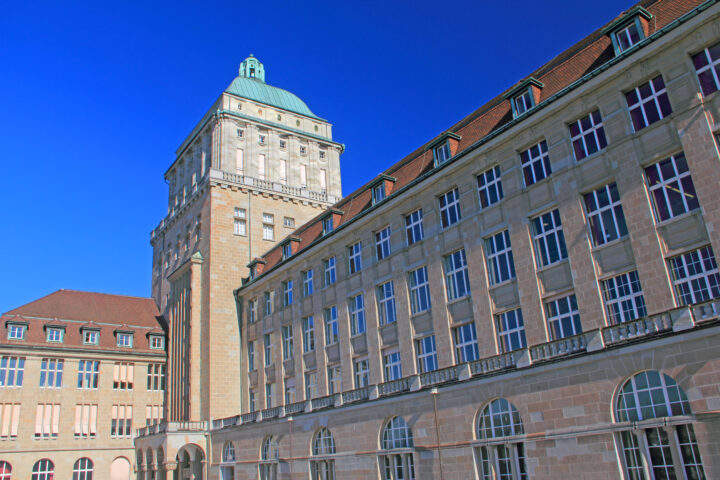
01.03.2024
Science creates trust
The former US ambassador to Switzerland sees our country as a ”powerhouse in the middle of Europe”. This is particularly true when it comes to science. According to the QS World University Rankings compiled by Quacquarelli Symonds, ETH Zurich is the best university in continental Europe for the 16th time in a row, reports Watson news.
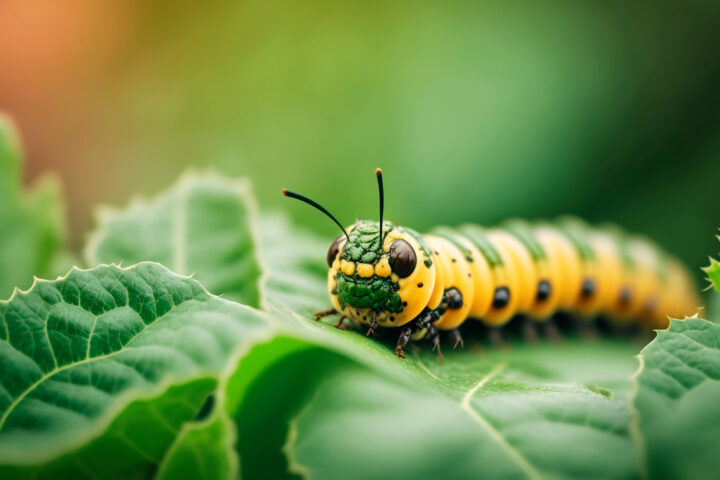
17.02.2024
Insatiable
In an informative interview in the Tages-Anzeiger, Lausanne-based economics professor Howard Yu explains the importance of large companies to a country's prosperity: “They are hugely important. No country can stay rich without having global companies of this kind based on its territory. After all, such national champions are the main driving force behind the growth of the entire industry. Large companies create an economic ecosystem in which small and medium-sized enterprises can then flourish. All these factors combined lead to economic growth, employment and social stability.”
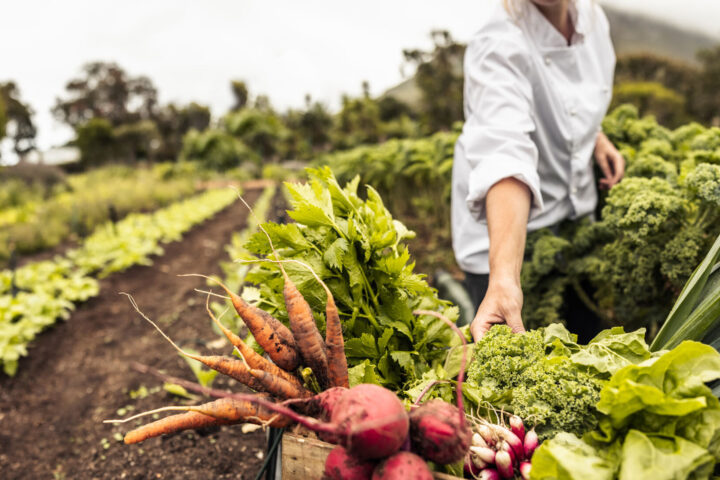
27.01.2024
Building trust
“Rebuilding Trust” was the motto of this year’s World Economic Forum (WEF) in Davos. A possibly record-breaking number of heads of state and heads of government made the journey to Davos and exchanged ideas, experiences and opinions with representatives from international organizations, NGOs and economic leaders.
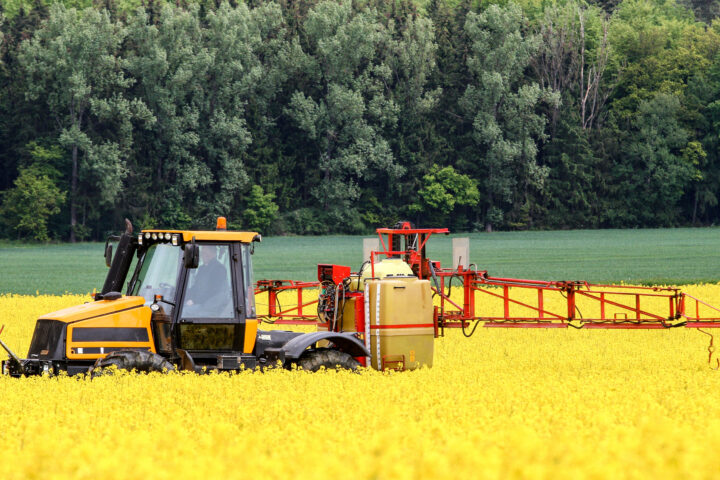
28.12.2023
«What else?»
Plants have a tough life. They can’t escape from their predators. Unfortunately, this is also the case with agricultural crops. That’s why crop protection products were developed. They provide protection against caterpillars, beetles, aphids, fungi, and competing weeds. They safeguard harvests and help to save resources.
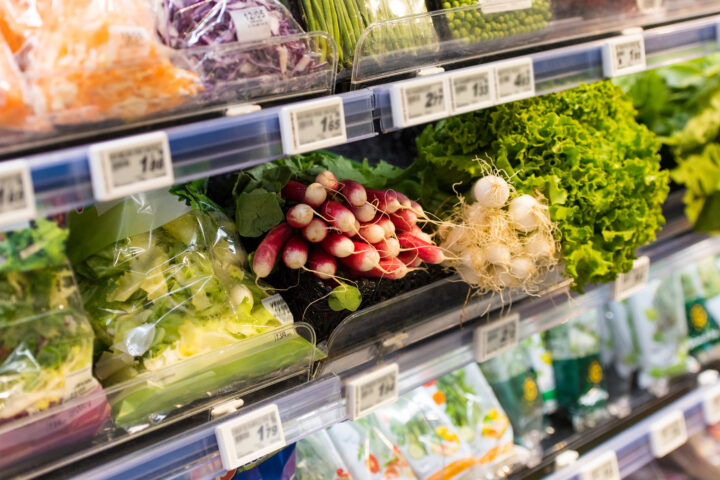
24.11.2023
Productivity is an achievement and not something to be ashamed of
Switzerland is a net importer of most agricultural products. It imports more than it exports. Milk and dairy products are an exception, but, according to Agroscope, this export surplus is also evaporating.
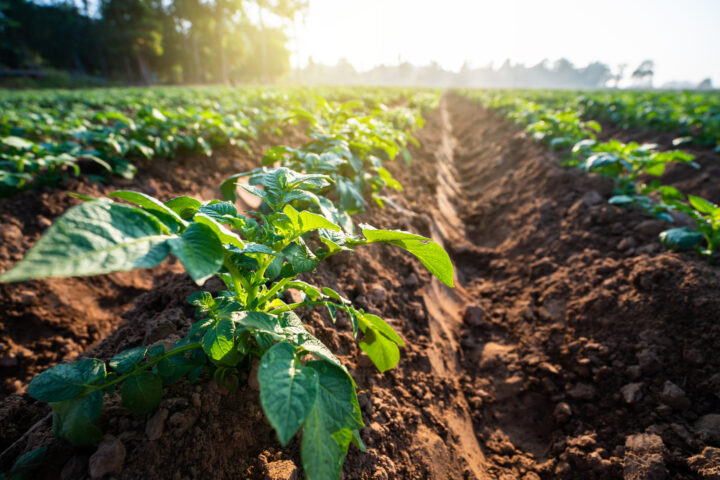
11.11.2023
Sustainability in a precarious situation
Today is November 11, i.e. 11.11. Why is this important? It’s not just because Fasnacht begins at 11:11 a.m. on 11.11 in many places. St. Martin’s Day is hugely important for agriculture, as November 11 is seen as the end of the agricultural year.
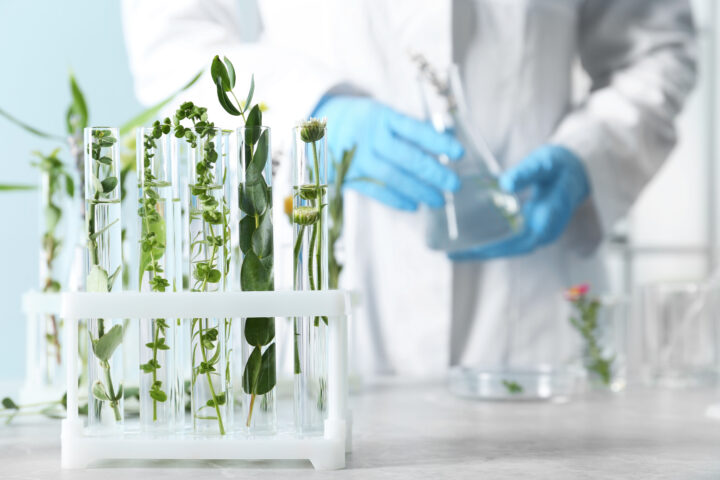
03.11.2023
Green Biotech: Safety Concerns no longer hold Water
At the end of October, the knowledge platform swiss-food.ch hosted a film screening and panel discussion in Zurich on the subject of genome editing entitled “Between Protest and Potential”. The well-attended event dealt with the emotional debates in recent decades surrounding genetic engineering. The event showed that the situation has changed fundamentally.
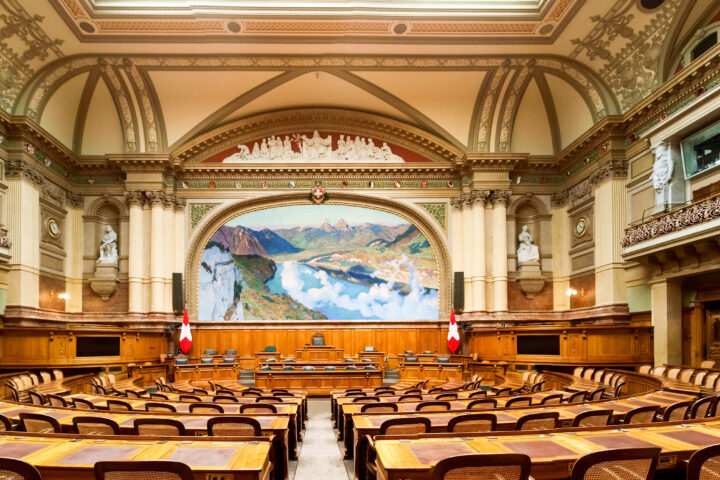
07.10.2023
More macro, less micro
The final session of the Swiss parliament was held at the end of September. There was an emotional farewell, according to news reports. Members sang Mani Matter’s classic song “Hemmige” (“Hesita-tion”) at a drinks reception for the President of the National Council, which was held at Galerie des Alpes, the restaurant inside the Swiss Parliament Building. The choice of the song was a bit ironic. After all, parliament had shown little hesitation over the last four years when it comes to drafting excessive regulations.
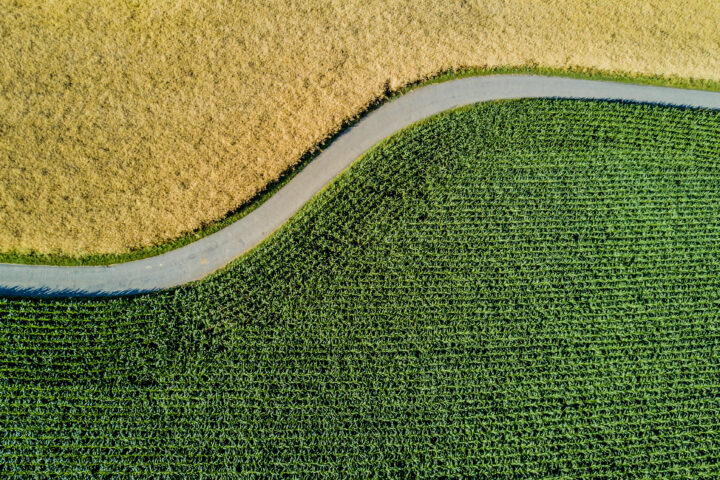
23.09.2023
Light at the end of the regulation tunnel?
At the beginning of September, the Swiss federal government launched its new "2050 Climate Strategy for Agriculture and Food". It contains measures along the entire value chain – from farm to fork, as they say in Europe.

19.08.2023
«Switzerland is the most patent-intensive country in the world»
Patents protect innovation and at the same time they drive innovation. During our Swiss-Food Talk on August 15, three innovation experts discussed the importance of patents for the Swiss economy. Patents are also important for start-up companies and SMEs. After all, patents make it easier to find fundings for innovations and bring them to market.
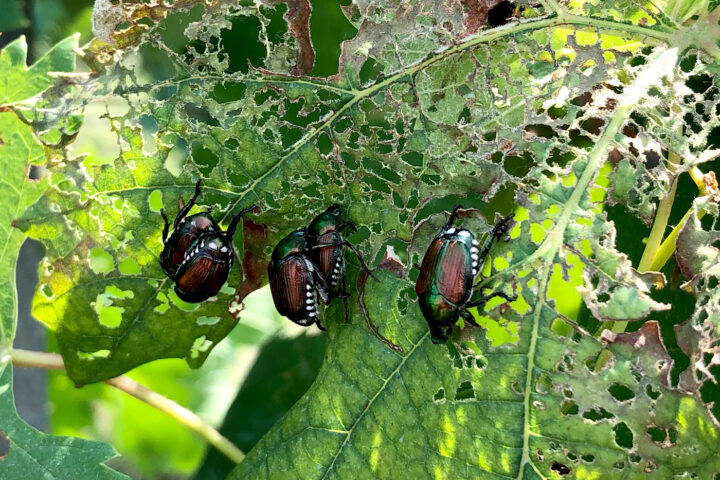
12.08.2023
Harmless in an emergency
The different yardsticks are obvious. But one can get smarter. Agricultural crops, and thus much of our food, are at risk - from freak weather, pests, diseases and competing weeds. And in view of global networking, it is impossible to prevent pests from migrating. The fact that the Japanese beetle chose Kloten is not without a certain irony. But the fact is that farmers are constantly faced with emergencies. Here, too, pragmatic, careful use of crop protection products is often the only solution. After all, it is not only pests and plant diseases from foreign countries that cause damage. This is also true for native ones. Instead of alarmism, objective discussion and common sense are called for.

01.07.2023
Following science also in plant breeding
Genome editing with native genes is not fundamentally different from conventional breeding. However, because this technique is more precise, it results in fewer unintended mutations. Hence, there is a broad scientific consensus that genome editing should not be regulated differently from conventional breeding methods. Those who advocate "following the science" on climate change must not ignore the broad scientific consensus on plant breeding methods either.
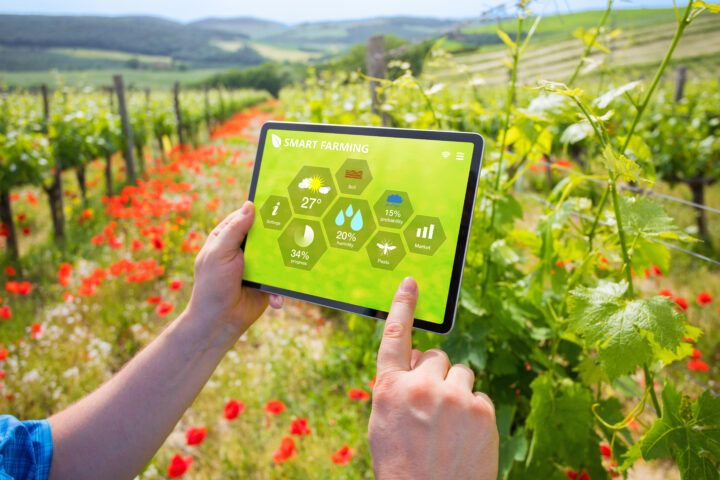
29.04.2023
From Data to Harvests - How Digitization is Improving Agriculture
Digitalization is making its way into agriculture. At the Swiss-Food Talk on April 25, 2023, three experts from the agricultural machinery industry, vegetable production, and agricultural media discussed how digitization is changing food production. The consensus is that we are in the transition from industrial to smart agriculture, where data and algorithms as support allow precise interventions and serve sustainability.

20.04.2023
Blinkers block the view of the big picture
The intentions are mostly noble. Politicians want to help the "good" prevail. But there is a problem. Often, the "good" is defined very partially. The comprehensive view is missing. There is a lack of understanding for the goal and consequences of a political intervention, because beyond the buzzwords, things often look different.

12.04.2023
Carrot and stick
If we want to keep enjoying Easter and our daily diets in the future, despite increasingly limited resources, we need innovation from businesses and farmers as well as an environment that enables creativity.

28.02.2023
Export bans – a rebound for Swiss farmers too
If the withdrawal of products from the Swiss market could lead to export bans, Swiss approval would become a risk for these companies and they would think twice about seeking approval in Switzerland in the first place. This means export bans will rebound on Swiss farmers. If they support export bans, they will have to be concerned about missing out on innovative new pesticides.
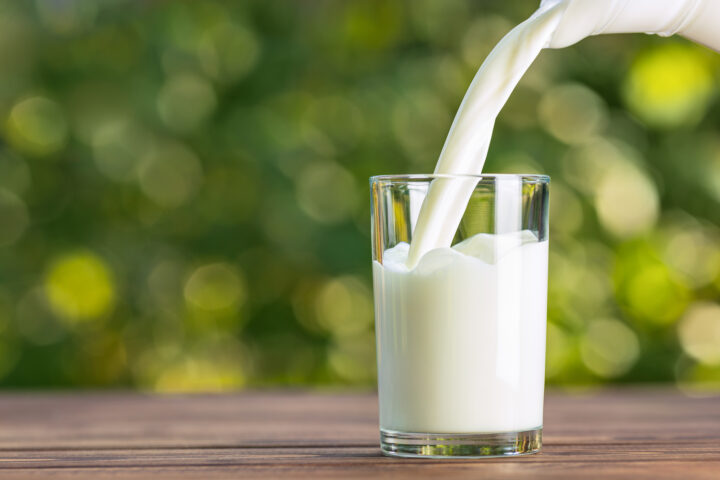
08.02.2023
“Future Food”: From development to shopping basket
Protein is a key component in a healthy, balanced diet. However, the majority of protein consumed by humans derives from animals and is extremely resource-intensive to produce. What might alternatives look like? And what needs to happen to enable alternative protein products to end up in consumers’ baskets? Three speakers spoke about this at the Swiss-Food Talk.

27.01.2023
Seeing Sustainability in the January Slump
Sustainability that is comprehensive can only be guaranteed by an agricultural sector that minimizes ecological impacts, without losing sight of productivity. It uses the most efficient technologies. For example, good use of data promotes the efficiency of agricultural production. Data also creates transparency. It allows us to see what has truly been produced sustainably. And it enables one thing that will become key in the future of the food sector: “More data, less woke”.
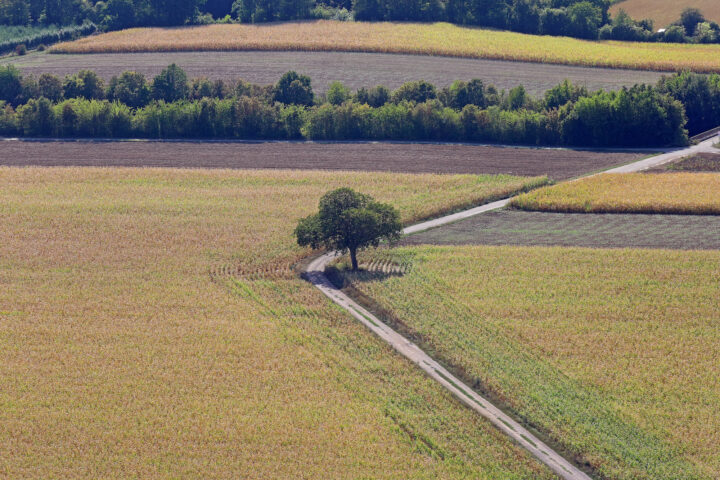
13.01.2023
More foresight, fewer hasty decisions
2023 is an election year in Switzerland. And in an election year, long-term thinking risks being sacrificed to short-term gains. But politicians need to make election promises that take account of the long-term and can be implemented pragmatically. Marketing-like claims alone will not result in success. Holistic concepts and the acceptance of pragmatic collaboration between public and private researchers are essential. Supporting ideology-free research will allow politicians to become problem-solvers. Simply identifying problems is no longer sufficient. Doing so is neither forward-looking nor constructive.
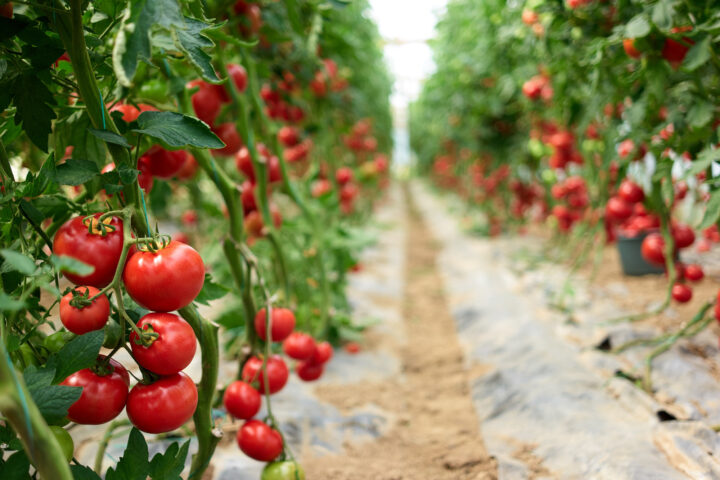
30.12.2022
Looking back for a look ahead
Take a step back and get an overview to be able to make better decisions and take action. With this brief “look back to look ahead,” we thank you for your interest, wish you a good start in the new year, and look forward to engaging conversations in 2023!
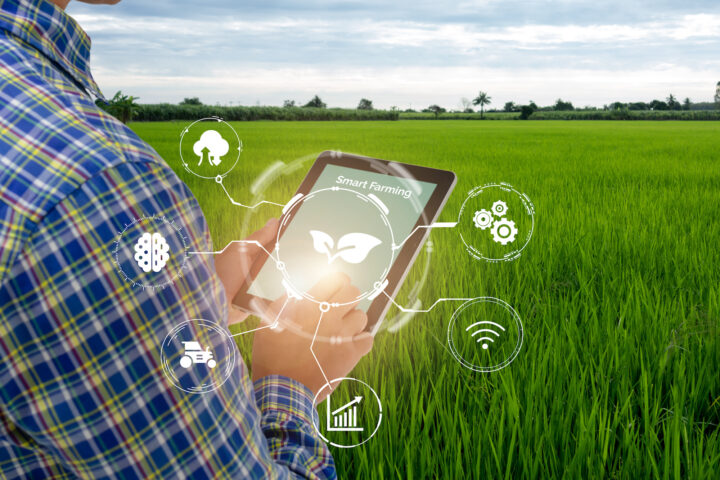
09.12.2022
Safe supply only on a scientific basis
Science will play a major role in the transition to a sustainable food system. A system that is necessary because the world’s population is growing, and up to 50 percent more food must be produced in a smaller area if we are to feed everyone. All of this pre-supposes that science will continue to remain the focus of political decision-making.
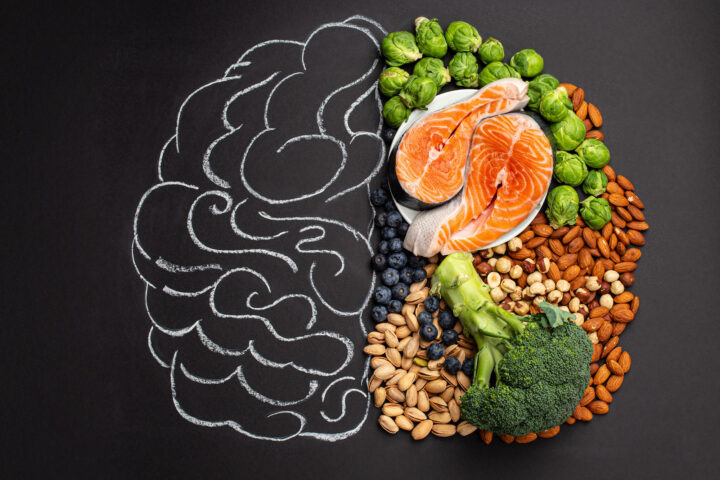
02.12.2022
“Natural does not always mean sustainable”
We are reliant on optimized foodstuffs in order to supply the planet’s growing population with healthy, sustainably produced food. However, consumers often view these as “artificial”, and thus “unnatural” – and “natural” is the preferred choice. Of our everyday foods, however, very few are of " natural origin". They have been bred and optimized over time. But are supposedly “natural” products also healthier and more sustainable? Three presenters took an in-depth look at food optimization in the Swiss-Food Talk.
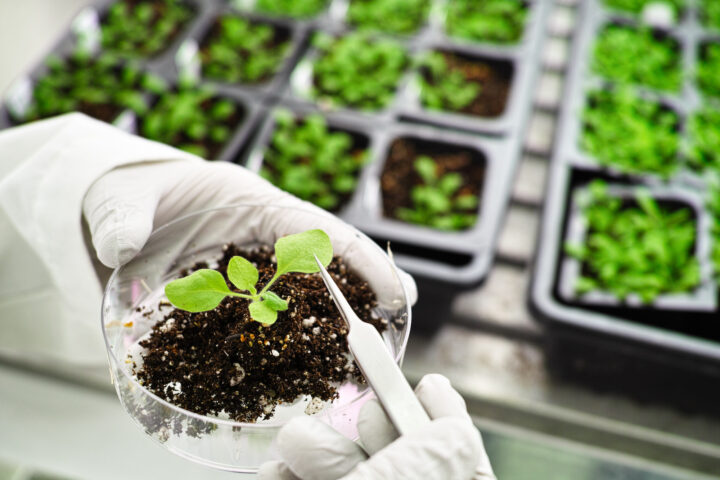
12.11.2022
When the brakemen bemoan the brakes
Green biotechnology techniques are bringing us all closer to achieving our goal of securing supplies while protecting the environment. The Ethics Committee ought to be rejoicing. But it would require a U-turn from the ethicists, without which they would remain behind the curve.
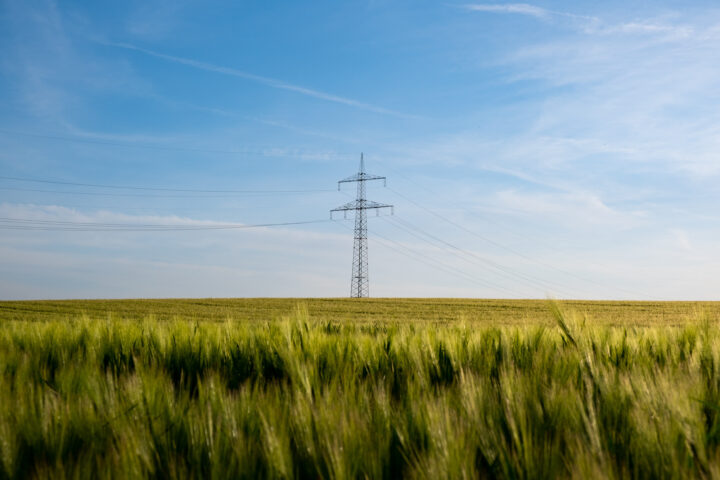
22.10.2022
Blackouts in agriculture too?
As with the issue of energy supply, the current challenges call for a realistic agricultural pol-icy. It is encouraging to see that the EU Commission's statistics show a constant decrease in the risks from pesticides over the last ten years. This shows that it is possible to have productive agriculture with increased safety. What is not possible, however, is agricul-ture that does not protect crops but at the same time guarantees supply security and food safety. Unrealistic “strategies” are also leading to shortages in agriculture.
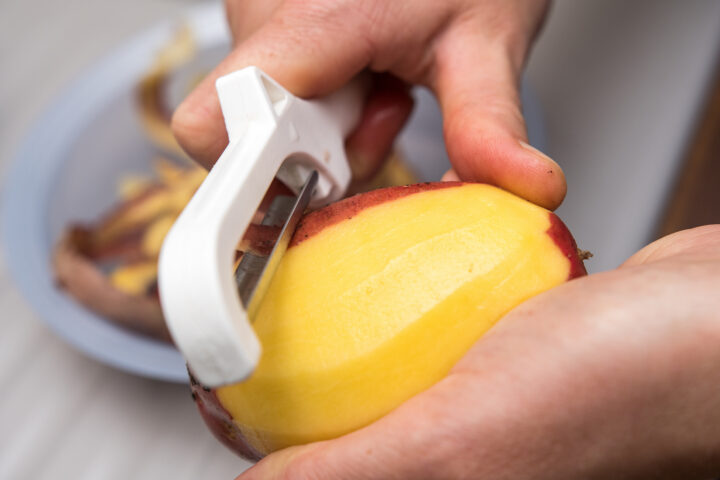
03.10.2022
A skewed view of what safe foods are
Our naturalness-centric view of food safety is sometimes skewed. What’s more, marketing campaigns and media discussions often distort our view even further. It is therefore important that policy makers have a compass to find a way out of this confusion. Our food is safe – thanks in no small part to innovative chemistry and technical advances.
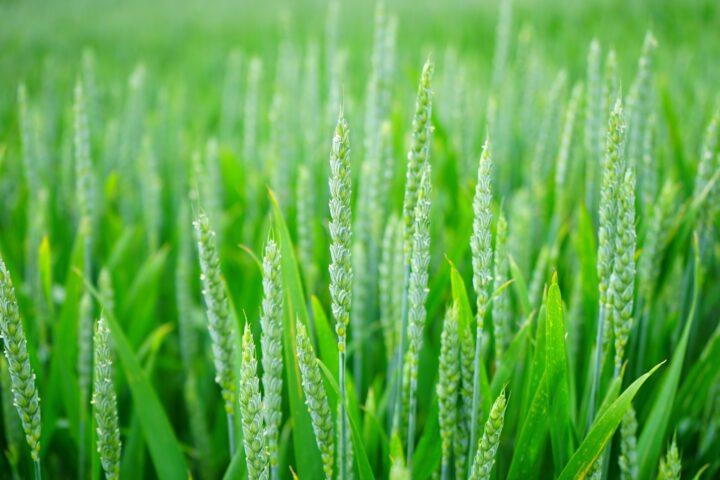
19.09.2022
“How to feed the world without starving the planet”
Our future food supply must ensure everyone has access to sufficient nutrients and protect the health of the planet. That is the goal. However, developing this kind of “meal plan” is not so easy. In the Swiss-Food Talk, experts in science and industry discuss what healthy, environmentally friendly nutrition should look like. One thing is clear: Sustainable food must suit the tastes of the people, meet the specific local needs, and be affordable.
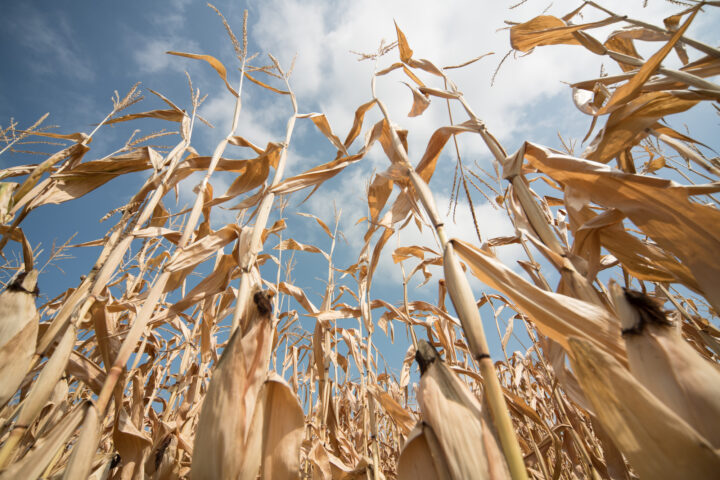
17.08.2022
To cope with drought, we need to be open to new ideas
This year, nearly everything is in short supply. Supply chains have been interrupted. Russia’s invasion of Ukraine has prevented the usual supply of wheat from reaching the global markets. Electricity and gas shortages loom. And now water is an issue as well, following a summer with almost no rain in much of Europe. This poses an enormous challenge for agriculture.
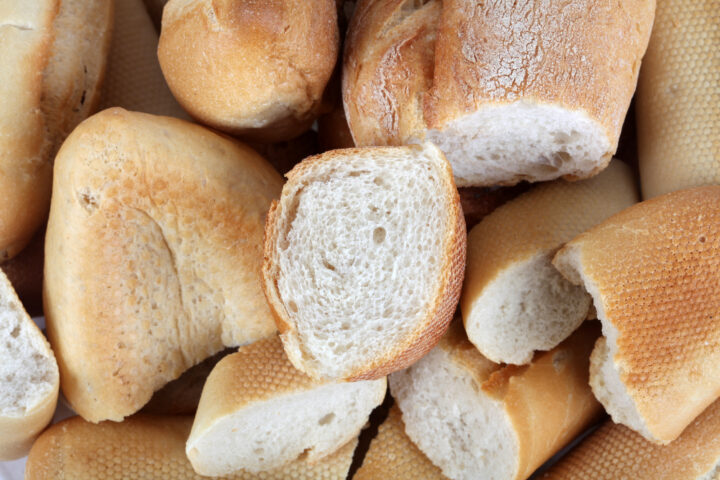
19.07.2022
Hard bread and fair weather bread
During the pandemic and the subsequent lockdown, consumer demand for flour exploded. Everyone wanted to bake bread at home. Flour and yeast were hard to find on supermarket shelves. In fact, the website brigitte.de recommends a type of bread that can be made without flour. But that’s not to everyone’s taste.
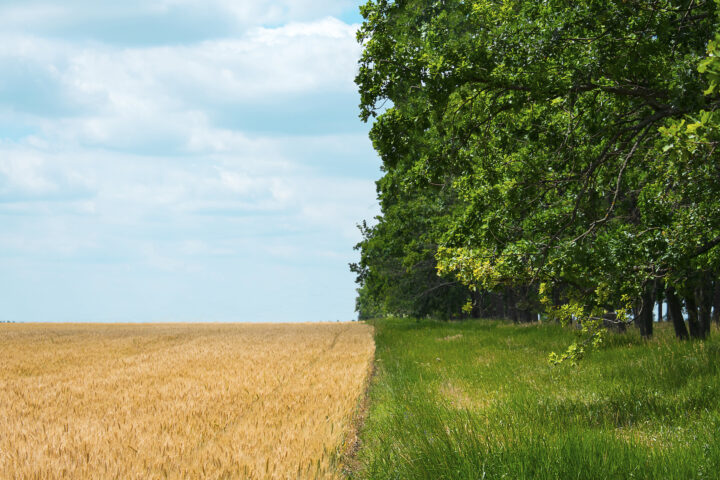
14.05.2022
The future is regenerative
As a megatrend, scarcity of resources dictates the solution to the pending Herculean task. It is as follows: Securing global supply in a sustainable manner while protecting ecosystems. We must be able to increase agricultural productivity while at the same time orienting production in such a way that it does not damage soil, biodiversity or climate.
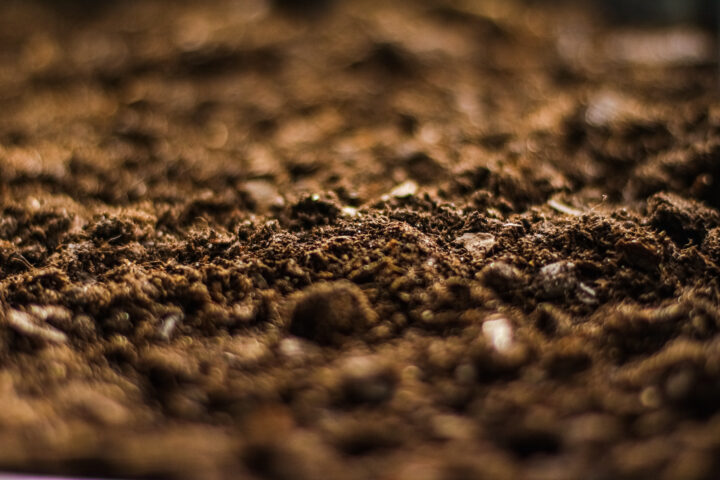
23.04.2022
On the ground of reality
Opening up the focus on sustainability can only be beneficial. The sustainability debate is in urgent need of an update. Sustainability is comprehensive. It is more than just a cloak to be worn for marketing purposes. It encompasses climate protection and biodiversity protection. However, without productivity, organic farming can become a social boomerang.
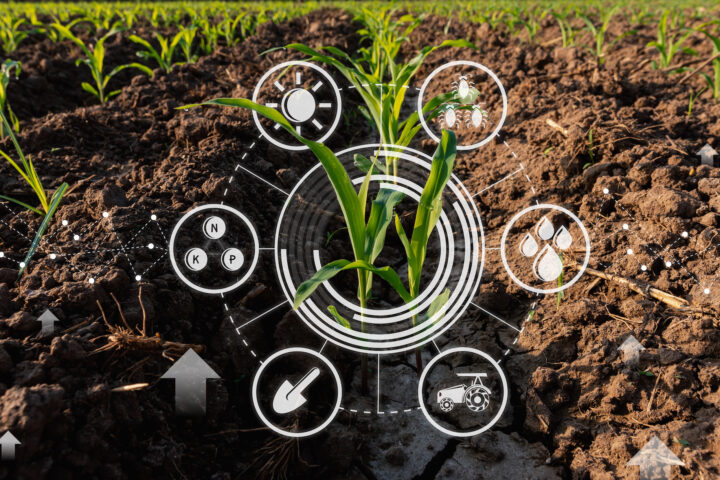
09.04.2022
Innovation is solidarity
If you play to your own strengths, you can help advance society in terms of food security and comprehensive sustainability. But if you create your own agenda and steer away from science, you are only helping yourself – if anyone at all – and then only for as long as the marketing bubble does not burst.
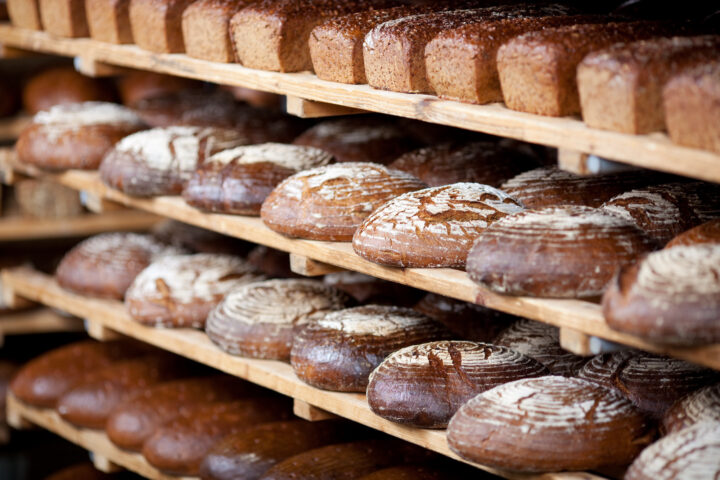
26.03.2022
Bread for the world
The Swiss precautionary principle needs to be a clever mix of imports, domestic production and exports. This is based on a sustainable intensification and, at the same time, protecting the climate and biodiversity. This can only be done on a scientific basis.
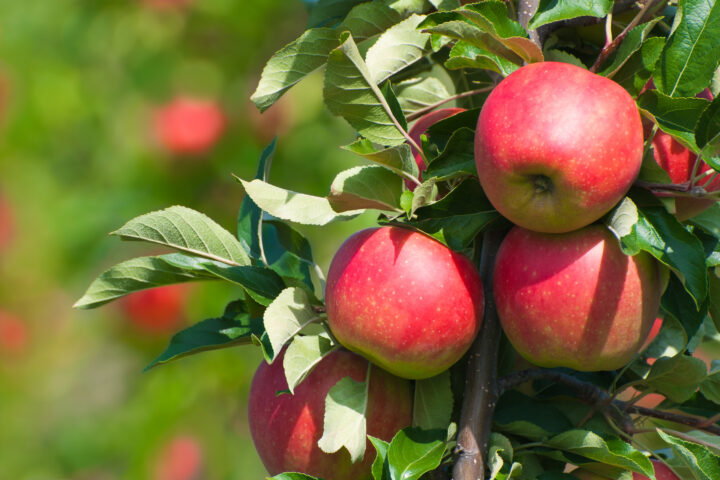
08.03.2022
New breeding methods – here to stay
The Swiss Parliament has decided to update the genetic engineering moratorium that has been in place since 2005. The step was overdue. On the occasion of a webinar organized by swiss-food.ch, experts from science and agriculture spoke about the benefits of new biotechnological breeding methods. It became clear: the risks are low, the opportunities are great.
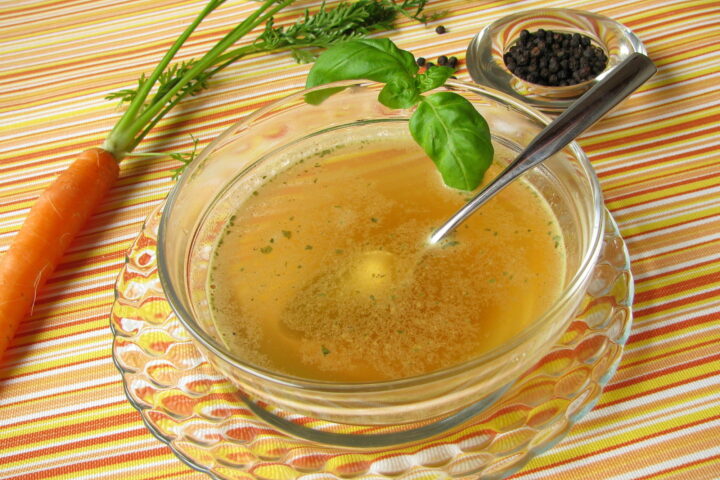
07.03.2022
Inspired fasting with swiss-food
We are well advised to deal with the megatrends and potential supply risks. We have to tackle the scarcity of resources on our planet with resource efficiency. And we should not exclude any technology in advance– especially if, regardless of their origin – laboratory, greenhouse or vertical farm – they could contribute to overcoming global challenges and to overall sustainability.
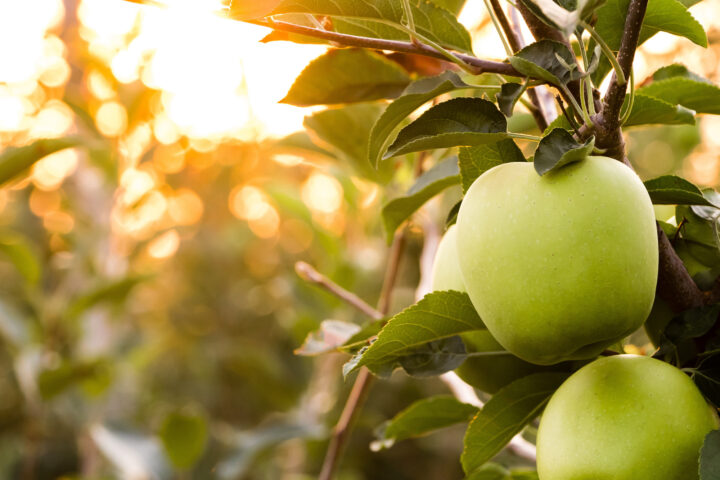
18.02.2022
With honesty to more sustainability
Agriculture must be part of the solution. You cannot get real sustainability without productive agriculture. And the key to this is innovation.Targeted breeding can play an important role.

26.01.2022
Bans did not move society forward
Society will not benefit from bans and risk avoidance, but rather from innovation and weighing up the opportunities and risks with a level head.
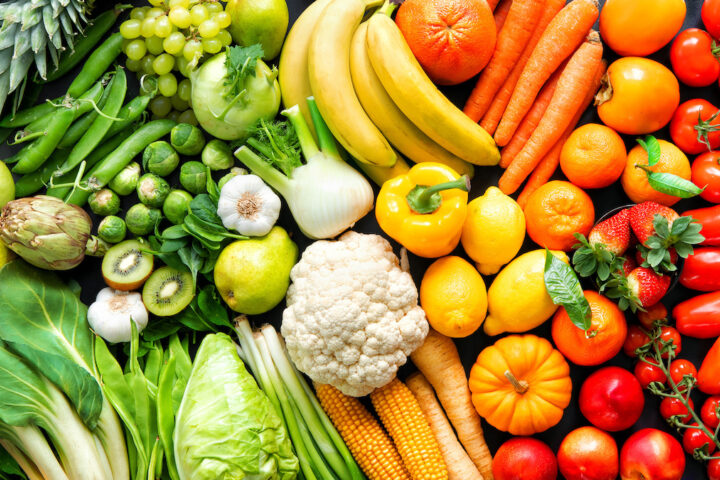
15.01.2022
Thoughts around food
The call to eat more healthily and with a more responsible, ecologically friendly approach is absolutely the right one, but it is easier to say than do. There are many obstacles in the way. What does a healthy, comprehensively sustainable diet actually look like? The objec-tive is to find a fact-based approach, not a new religion.
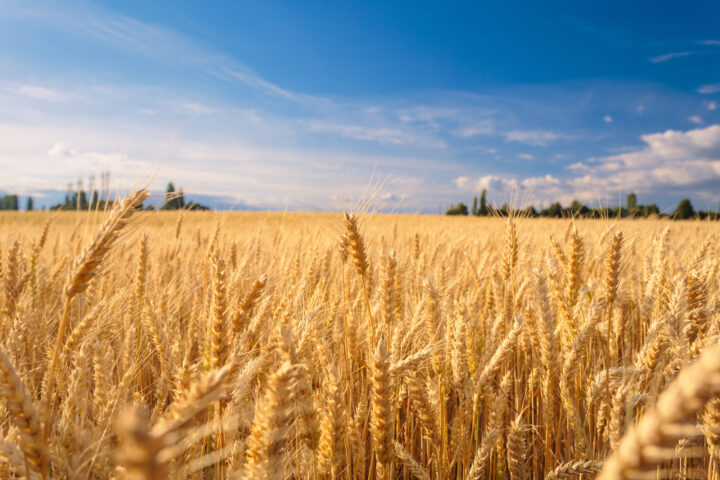
29.12.2021
Sustainability requires openness to technology
In the six months prior to the agricultural referendums last June, there were around 3500 media articles containing the keywords ‘drinking water’ and ‘pesticides’ in the Swiss media database, around seven times more than in the six months afterwards (around 500 media articles). But the facts have not changed at all.

04.12.2021
Incoherent politics endanger sustainable agriculture
Overall, it is incoherent to prohibit technologies and innovations. Sustainable and resource-efficient agriculture, in a comprehensive sense, needs long-term planning – and coherence.
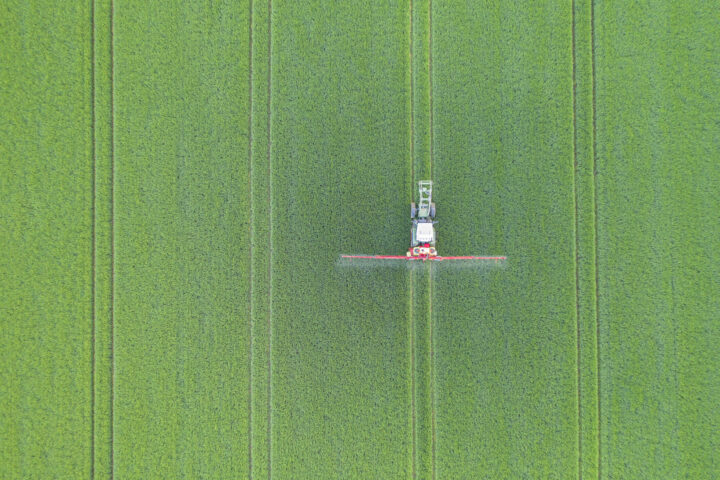
27.11.2021
Focus on what is feasible
Recently, the Federal Government published the sales figures for plant protection products for the year 2020. The number of plant protection products sold declined as it did in previous year. While farmers are increasingly turning to products that are approved for organic farming, sales of plant protection products for conventional agriculture have declined.
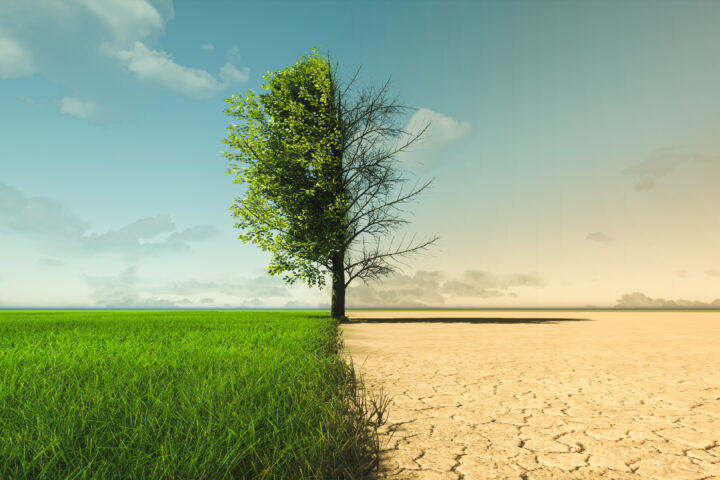
06.11.2021
Framing the big picture
Climate change also affects agriculture and the entire food production process. The food chain both contributes to climate change and is affected by it.
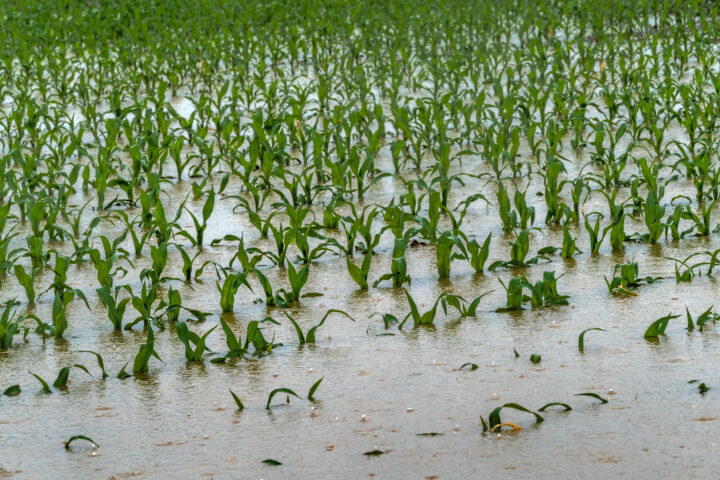
16.10.2021
From the principle of hope to the principle of import (content in German)
2021 is a catastrophic agricultural year in many areas in Switzerland. The crop failures are severe and so is the associated waste of resources. A lot of work has been done, energy and resources used, the soil tended and the crops nurtured, but all too often the efforts have not paid off.
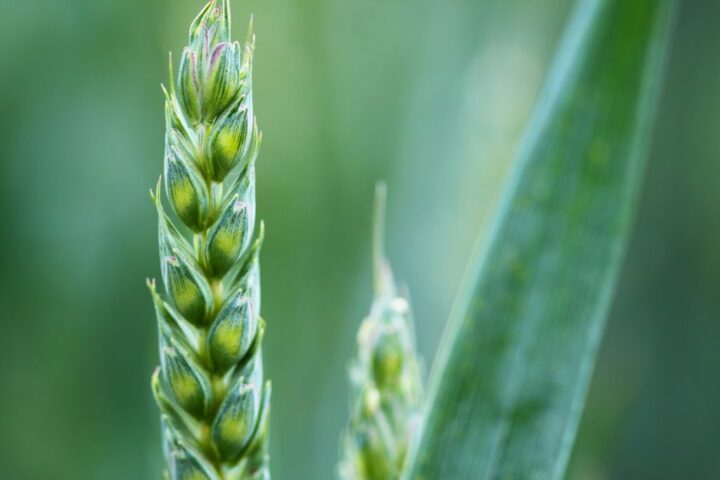
30.09.2021
And yet it moves! (content in German)
A survey commissioned by swiss-food showed clear majorities in favour of the new precision breeding methods if they are seen as beneficial for the environment or health. The population is moving. Now the politicians have to follow.
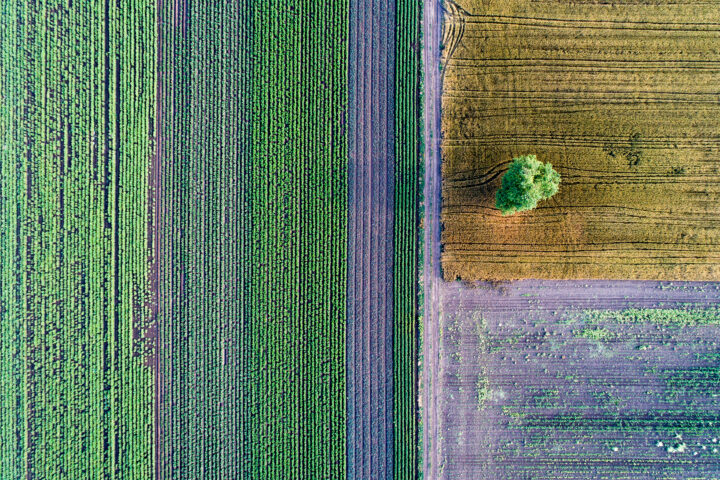
01.09.2021
Limping sustainability harms the environment (content in German)
In the media discussion about sustainability in Switzerland, one sometimes gets the impression that sustainability is only on the environmental leg. It is only about banning chemicals from life and returning to nature. The effects on the social and economic pillars are generously suppressed in this limping sustainability.
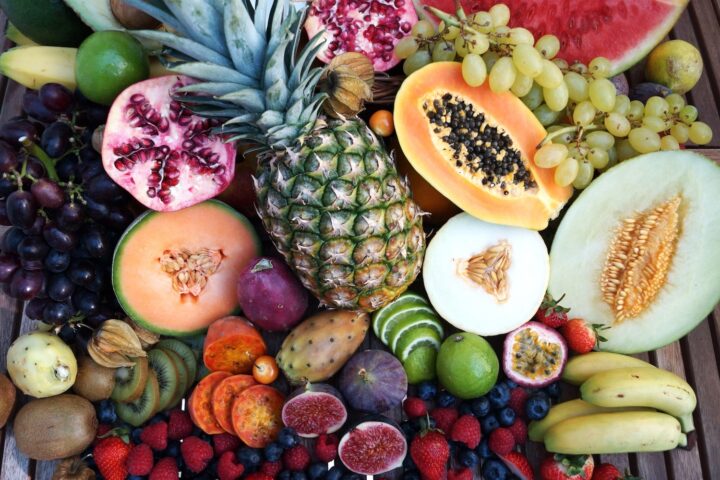
14.08.2021
Healthy food for all (content in German)
In order to feed the growing world population in a balanced and sufficient way, the production of fruits and vegetables must be drastically increased. In a nutshell: vegetables and fruits are needed for everyone. For this, modern technologies such as plant breeding, plant protection, but also digitalisation are indispensable.
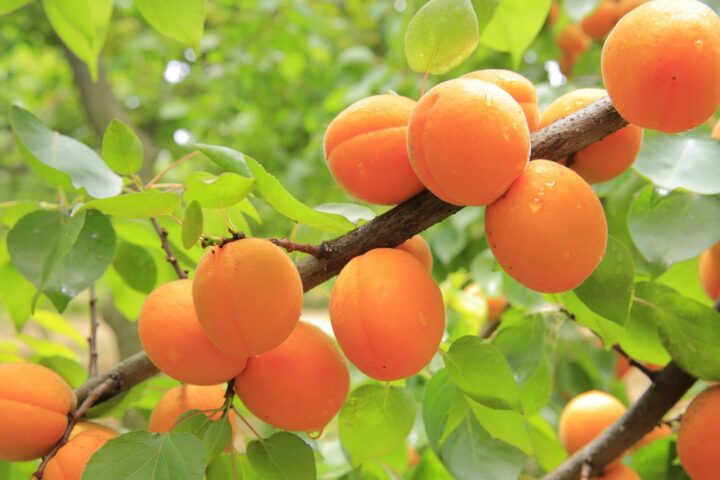
07.07.2021
Enabling solutions instead of sitting out problems (content in German)
In fact, we need an open, fact-based technology discussion. Comprehensive sustainability is based on a careful, ideology-free evaluation of opportunities and risks - and the will to tackle problems instead of sitting them out.
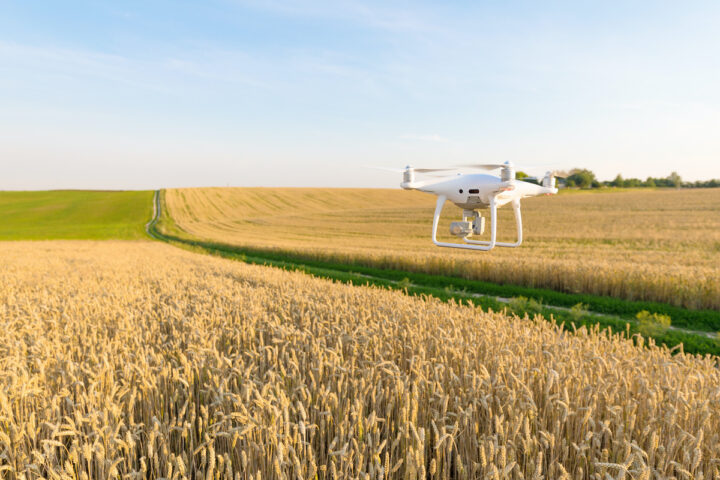
19.06.2021
Decision for productive and resource-saving agriculture (content in German)
Overall, the clear rejection of the two initiatives is a clear vote for productive, resource-efficient agriculture and against bans on technology and thinking. Ultimately, only productive agriculture can be sustainable. It uses all resources (including energy, labour and finances) carefully.

